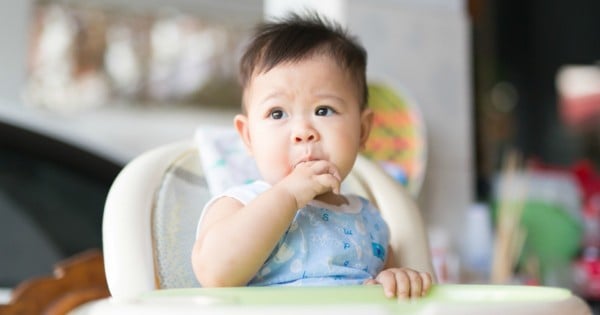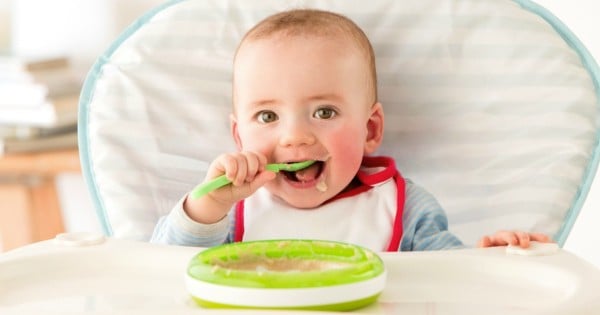
It’s the news that overworked and stressed parents needed to hear. Feeding your baby store-bought food might not be so bad after all.
For years now, parents have been made to feel guilty for buying pre-packaged food for their babies instead of making it from scratch themselves. But honestly, who has the time or enthusiasm to cook every day, especially when most of the meal ends up on the floor or in someone’s hair?
Now, researchers in the UK have found that food made from recipes in cookbooks for babies and young children might actually be unhealthier than store-bought food. On average, it contains slightly more sugar, two-and-a-half times the saturated fat and three times as much salt.
The researchers at Aberdeen University, led by Sharon Carstairs, compared 408 home-cooked meals from best-selling cookbooks with 278 meals aimed at under-fives sold in supermarkets.
As well as being higher in sugar, saturated fat and salt, the home-cooked meals had a smaller variety of vegetables than the store-bought meals. However, they did have a wider variety of meat and seafood.



Top Comments
What the f*ck are people 'cooking up' for their babies???
I used to cook some vegies and blend them - voila!
Okay so I don't have kids yet but don't you just blend up a bunch of cooked veggies like pumpkin or peas or mushy apples or something? Like the kid is hardly a food critic yet I can't imagine needing to add salt or sugar to their baby mush.